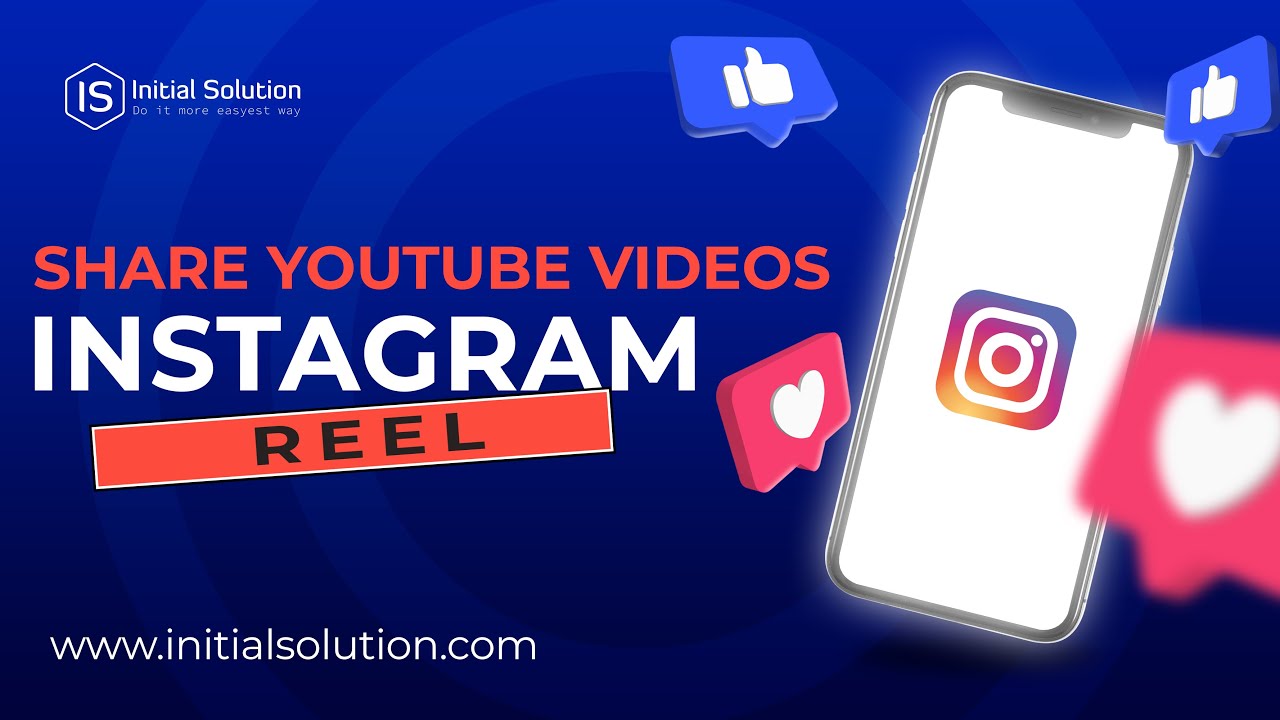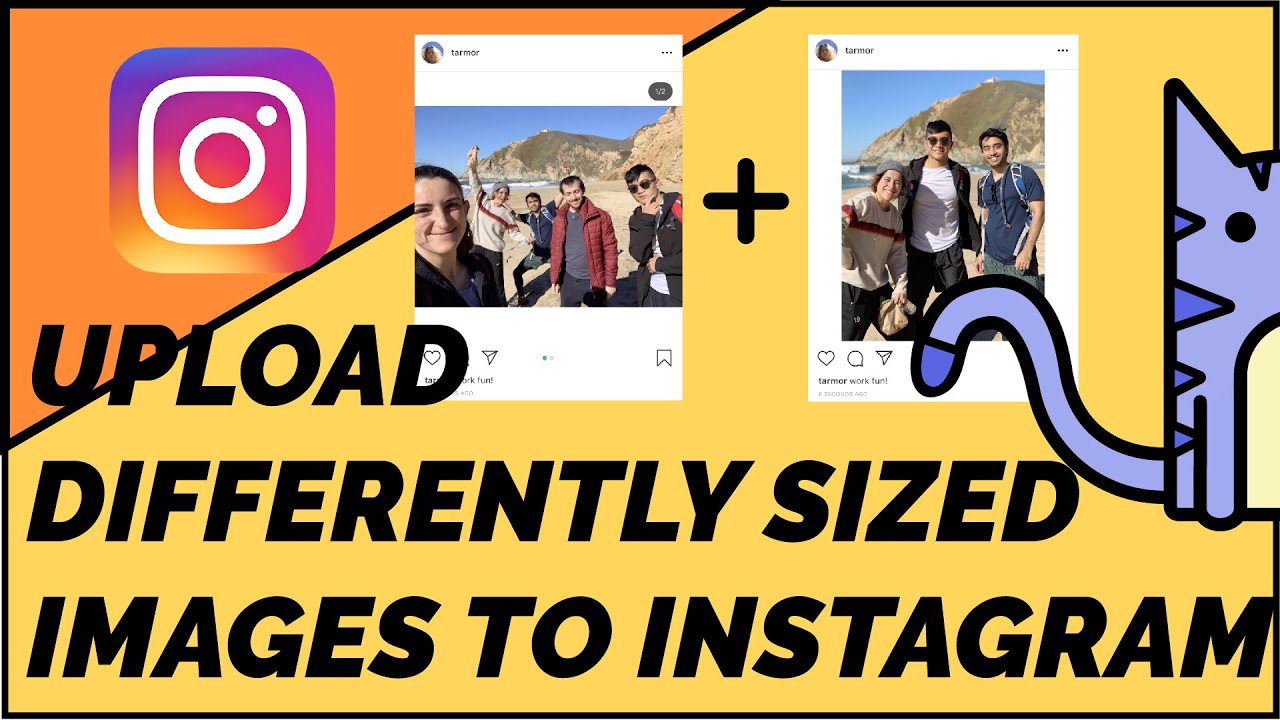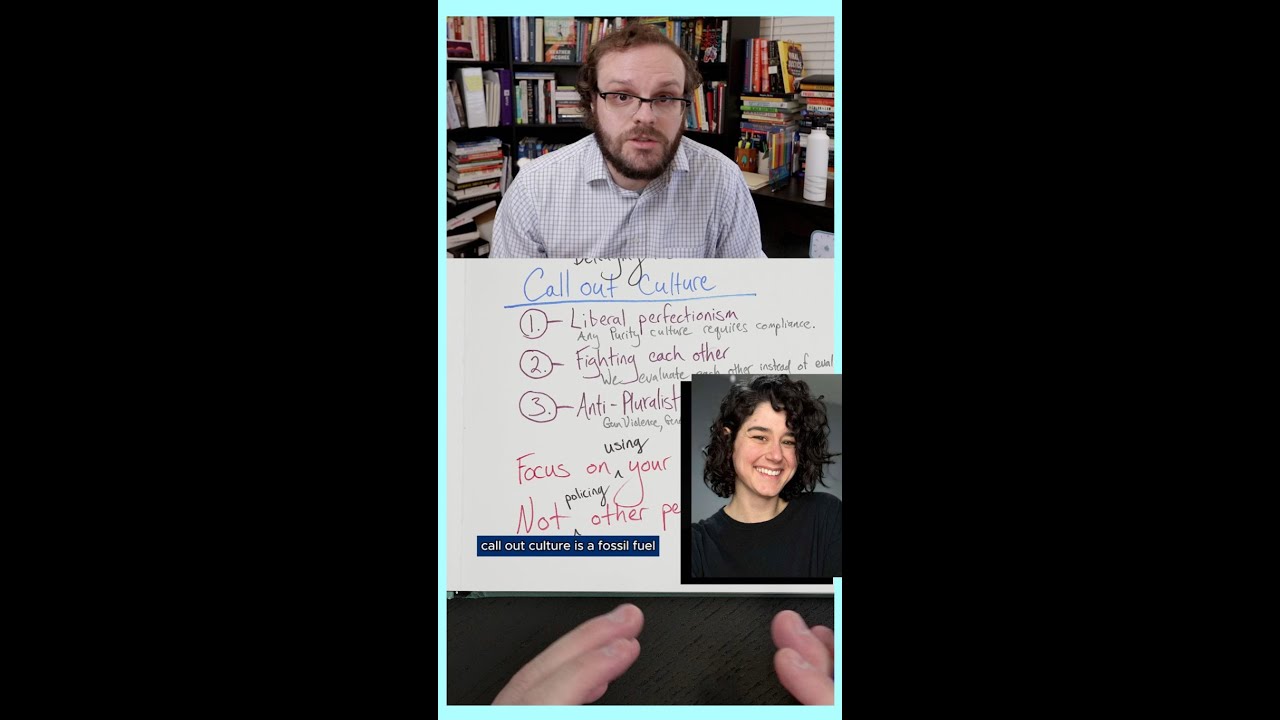How to share a youtube video on instagram reel easily and effectively

Understanding the Basics of YouTube and Instagram Reels
Before diving deep into the process of sharing your YouTube videos on Instagram Reels, it’s essential to understand what these platforms offer. YouTube is primarily a video-sharing platform that allows users to upload, view, and share videos. The variety of content on YouTube ranges from tutorials and vlogs to music videos and comedy sketches.
On the other hand, Instagram Reels is a feature within the Instagram app that allows users to create and explore short, engaging videos set to music or original audio. The maximum duration for a reel is 90 seconds, which means you’ll need to be creative in how you present your content.
Sharing YouTube videos on Instagram can significantly enhance your digital presence and reach. Here are a few reasons why you might want to do this:
- Increased Visibility: Reposting popular videos can attract a different audience who may not be aware of your YouTube channel.
- Engagement Boost: Engaging content can lead to more likes, comments, and shares on your Instagram profile, thereby increasing interaction across both platforms.
- Cross-Promotion: Utilizing Instagram to promote your YouTube videos can drive traffic to your channel, leading to greater subscriber growth.
Now that you understand the importance of sharing your videos across platforms, let’s get into the specifics of how to effectively share a YouTube video on Instagram Reels.
Step 1: Choose the Right Video
The first step involves selecting a YouTube video that resonates not only with your brand but is also appropriate for your Instagram audience. Keep in mind that Reels are short, so the video you select should be engaging right from the start.
Step 2: Downloading the Video
Once you’ve chosen the video, you’ll need to download it. Here’s a simple method:
- Open the YouTube app or website and locate the video you want to share.
- Copy the video link from the address bar.
- Use a third-party video downloader service (such as SaveFrom.net or Y2Mate.com) to download the video onto your device.
Make sure to check the copyright policies associated with the video. If it’s your video, proceed without worry, but if it’s someone else’s, consider obtaining permission or giving proper credit.
Step 3: Edit the Video for Reels
Most YouTube videos are longer than what Instagram Reels allows. Therefore, you will need to edit the video before uploading. Here are some editing tips:
- Trim the Length: Use a video editing app (like InShot or CapCut) to shorten the video to under 90 seconds.
- Add Captions: Not everyone watches videos with sound. Including captions can help convey your message better.
- Include Engaging Elements: Use effects, filters, or stickers available on Instagram to make your video more appealing.
Step 4: Posting the Video to Instagram Reels
Once your video is edited and ready, you can share it on Instagram:
- Open the Instagram app and tap on the Reels icon at the bottom of the screen.
- Select the camera icon to create a new reel.
- Upload the edited video from your device.
- Add music, effects, and final touches to your reel as desired.
- Finally, write a captivating caption and include relevant hashtags to reach a broader audience.
Tips for Maximizing Engagement with Your Reels
Sharing YouTube videos on Instagram Reels is just the initial step. Here are some methods to enhance engagement and visibility of your posts:
Hashtags can significantly increase your content’s visibility. Use a mix of general hashtags related to your content, alongside niche-specific tags. Here are some examples:
- #YouTubeContent
- #InstagramReels
- #ViralVideo
- #ContentCreator
By optimizing your hashtags, you increase the likelihood of your reel being discovered by a new audience, which may lead back to your YouTube channel.
Engage With Your Audience
After posting your reel, take time to interact with viewers through comments and DMs. By responding to feedback or questions, you create a sense of community around your content, thereby encouraging further engagement.
Use Call-to-Actions (CTAs)
Including clear CTAs in your video or caption can guide your audience on what to do next, such as:
- “Check out my full YouTube video for more tips!”
- “Don’t forget to like and subscribe to my channel!”
Effective CTAs can drive viewership to your original YouTube video and help convert casual viewers into subscribers.
Understanding Copyright and Creative Rights
One crucial consideration when sharing content across platforms is copyright. If you’re sharing your videos, this is mostly straightforward. However, if you intend to post someone else’s video, you must ensure that you have the right to do so.
How to Respect Copyrights
Here are some general guidelines to follow:
- Use Original Content: Ideally, share your own YouTube videos to avoid any copyright issues.
- Ask for Permission: If you want to feature someone else’s content, reach out to them for explicit permission.
- Give Credit: If you obtain permission, ensure you mention the original creator in your posts.
Understanding Fair Use
In some cases, sharing portions of someone else’s video may fall under the fair use doctrine, particularly if you transform it substantially or use it for commentary, criticism, or educational purposes. However, this can be tricky territory, so it’s best to be cautious and well-informed.
Ultimately, being respectful and responsible as a content creator fosters a healthier digital environment for everyone involved.
Final Thoughts on Sharing YouTube Videos on Instagram Reels
In this guide, we’ve explored the entire process of sharing your YouTube content on Instagram Reels – from selecting the right video and editing it to ensuring proper copyright practices. Mastering these steps will not only extend the life of your videos but also help you build a cross-platform presence that nurtures greater connections with your audience. Embrace the creative possibilities that come with sharing content on multiple platforms and watch your engagement grow.
Remember, the world of social media is constantly evolving, so stay updated with new trends and changes in platform algorithms to continue maximizing your digital impact.






